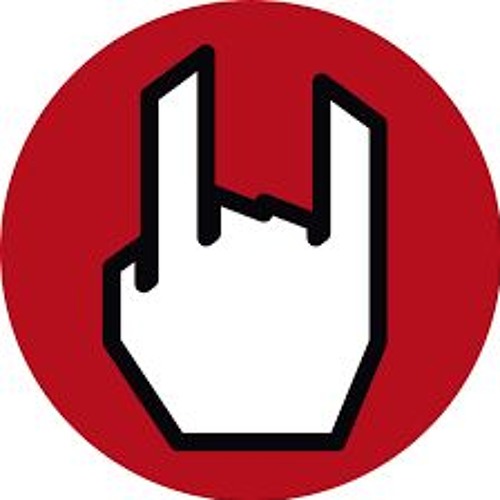
The major labels’ biggest argument against this evolution has been the fact that they can offer a much broader scope of blockbuster services to artists – and, right now, Spotify doesn’t have a dedicated in-house merch company like Bravado, the Thread Shop or EMP. Then there’s that new competitor of Warner and its fellow major labels to consider – Spotify, which has started striking direct distribution and licensing agreements with independent artists this year. Sony Music’s merchandise arm, The Thread Shop, handles everything from design, licensing, retail partnerships, tour merchandising and fulfilment, e-commerce platforms and pop up events – with a roster that includes A$AP Rocky, A$AP Ferg, DJ Khaled, Camilla Cabello, Bob Dylan, Michael Jackson and many others. According to Universal: “ Bravado will work closely with Rocket to expand and develop global merchandising, branding and retail licensing opportunities around Elton’s Farewell Yellow Brick Road world tour and catalogue.” Then, in September, UMG signed a worldwide deal for Elton John. The first of these was with the Rolling Stones in July, a deal which covered recorded music, audio-visual, archival support, global merchandising and brand management (including the Stones’ iconic tongue logo). “In today’s streaming world, merchandise is still one of the best ways that fans can express their passions and personalities.”

Take UMG for example, which highlighted the importance of its merch arm, Bravado, in two of its global deals with heritage artists this year.

Universal Music Group and Sony Music Entertainment already have recognizable and visible standalone brands in merch – something that, pre-EMP, Warner was arguably lacking. Lousada stated at the time that WMG “aim to tell engaging and original stories that influence culture”. WMG’s acquisition of youth media brand UPROXX in August was an obvious move in this direction. So why did Warner lay down a nine-figure sum? Here are three theories… 1) WMG is making sure that it can compete with the other majors – and Spotify…įollowing the EMP acquisition, Max Lousada, CEO of Recorded Music, WMG, said: “In today’s streaming world, merchandise is still one of the best ways that fans can express their passions and personalities. It’s also a big part of how music has visible and physical impact on global culture and fashion.”Īpparel companies like New York-born Supreme, (which went as as far as to sell a limited edition brick,) are experts at creating this kind of cult brand following – and now artists and record labels are capitalizing on the hypebeast culture in a similar way. Last month, Warner Music Group completed a $180m deal to do just that, buying Germany-based music merch maker and e-tailer EMP Merchandising. (Technically speaking, according to Warner filings, that price actually grew to $191m (€165m) due to additional net debt.) The merchandise business is clearly booming, and affecting the US charts – which is why there’s perhaps never been a more obvious time for a major music company to expand its merch capabilities. We saw a similar approach by Travis Scott ahead of the release of his No.1 LP Astroworld (Cactus Jack/ Epic) earlier this year, when the Texan rapper bundled his album with merch and tickets to an unannounced tour – much to Nicki Minaj’s chagrin.Īnother recent Billboard 200 No.1 album campaign, Brockhampton’s Iridescence (RCA), also owed a lot to limited edition merch bundles, as did other recent releases from acts including Lil Wayne and Logic.

#Emp merchandising umsatz free
Three months ago, Lil Pump even (jokingly?) claimed that he’d “lost” the masters.Īlbum sales might be in decline and ad-funded YouTube might be the world’s biggest music streaming platform – but selling $45 T-Shirts and $65 hoodies with a free (non-existent) album is evidently becoming big business for today’s superstar artists. The kicker? At the time of writing, with loads of merch sold, there’s still no release date for the record. His limited edition Unhappy line of clothing, bundled with his upcoming mixtape The Harverd Dropout, sold out pretty soon after going on sale at the end of August. The MBW Review is supported by Instrumental. This time, we mull over Warner Music Group‘s recent purchase of European merch empire EMP for a nine-figure fee. The MBW Review offers our take on some of the music biz’s biggest recent goings-on.


 0 kommentar(er)
0 kommentar(er)
